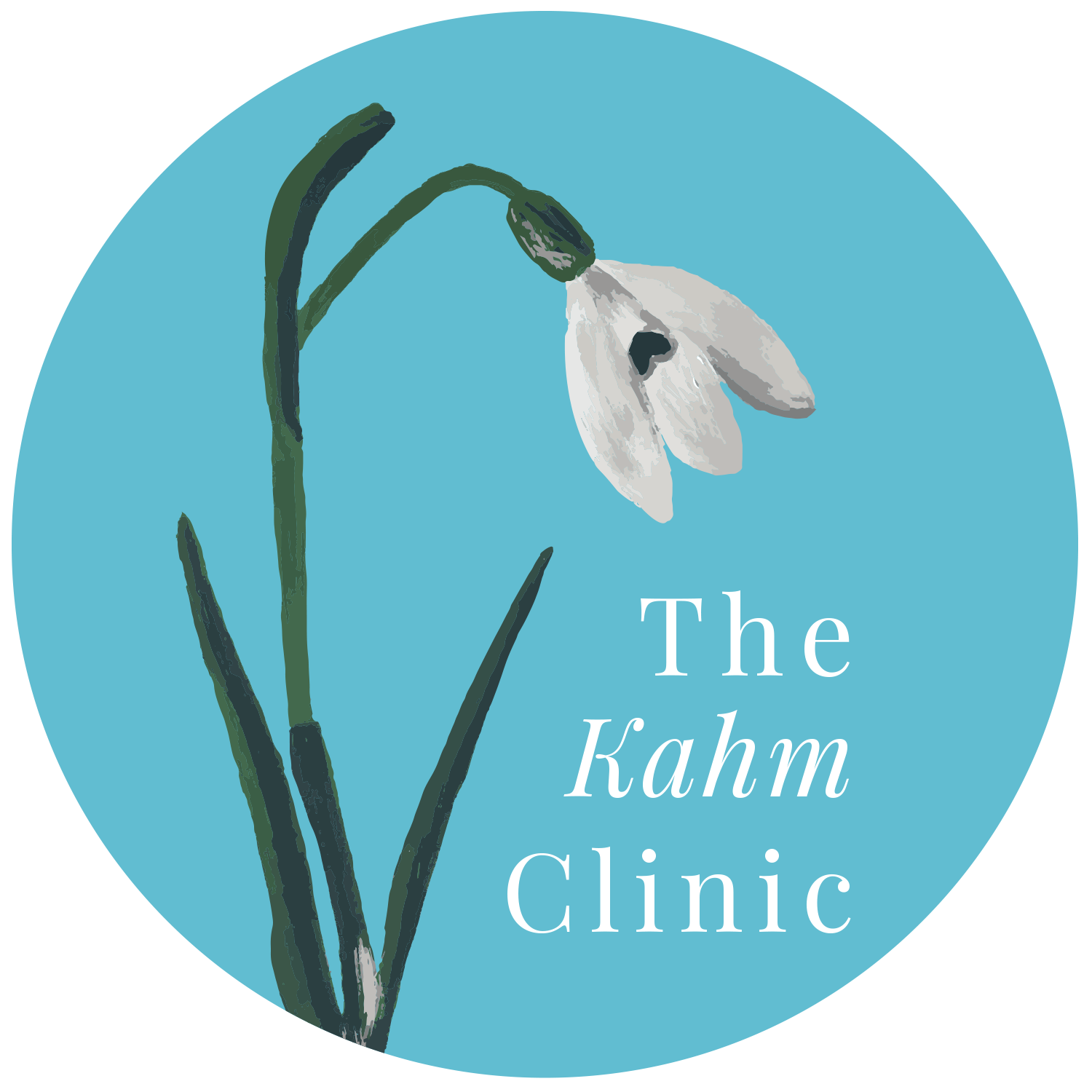Respecting Your Body As You Recover From an Eating Disorder
An important component of eating disorder recovery is learning to respect your body.
Our culture’s obsession with dieting fuels the belief that, if you restrict and sacrifice enough, you can get to a smaller body size.
The reality, though, is that 98 percent of dieting efforts fail — and the primary reason is your body’s genetic predisposition. To achieve a smaller body size that isn’t written into your genetic code is to deny yourself proper nutrition, rest, and hydration, which leads to malnutrition, disordered eating, and eating disorders.
At The Kahm Clinic, we often see this truth in our patients’ metabolic test results and body composition analysis. In order to truly respect your body, it’s important to accept that body shape and size is as wide and varied as different heights or different shoe sizes. It’s not an indicator of your overall health or a reflection of your self-worth.
Now, let’s discuss four dos and don’ts for respecting your body as you recover from an eating disorder.
1. DON’T practice body checking.
Body checking includes a variety of behaviors. Do you hop on the scale multiple times a day to check your weight or measure different body parts with a tape measure? Maybe you notice yourself constantly assessing your body in the mirror or trying on smaller-sized clothes to see if they fit. It even includes looking at older pictures of yourself and comparing them to your present self or using your hands to determine if your wrists or legs are small enough. Any judgment of yourself that lacks self-compassion and negatively impacts how you feel about yourself or the way you look needs to change.
2. DO rewrite your internal narrative.
When you find yourself engaging in body checking practices, start asking yourself questions like:
Why am I behaving this way?
What am I looking for?
Do I deserve this treatment?
Would I talk to somebody I love in this way?
If the answer is no, why do I treat myself so poorly?
Considering these questions helps to raise your awareness of your inner thoughts and disordered behaviors. Then, you can look more critically at how you feel about them. As you notice that you’re engaging in actions that make you feel badly about yourself, the hope is that, over time, you’ll begin to disrupt, reduce, and replace these choices with better ones. If you feel really stuck in your body checking habits, consider working with a therapist or nutritionist who specializes in eating disorders.
3. DON’T push through.
At The Kahm Clinic, we often find that our patients aren’t prioritizing their self-care. They understand the amount of time and effort it takes to feed themselves well, get adequate rest, and manage their stress — and yet, they’re just not taking care of themselves. Usually, they feel like they can’t devote the needed energy to their own well-being. Between work projects and school events, after-school homework and sports, grocery shopping and cleaning the house, there’s no time left!
4. DO tap out.
To effectively respect your body and take care of your own needs, you have to tap out and learn to say no. Maybe you need a drastic change, like taking leave from work or hiring a part-time nanny. In other instances, a smaller shift, like stepping down from a volunteer position or getting groceries delivered, will suffice.
Remember: In the long run, denying the needs of your body doesn’t lead to favorable outcomes.
Much like sleep, you can’t “catch up” or get certain things back once you’ve let them go. For instance, any day you’ve gone without proper nutrition is a day you’ve spent pushing through, feeling distracted, or feeling unmotivated — in other words, not like your best self. It also compromises the body’s ability to make important hormones and neurotransmitters like serotonin and dopamine, those things that help us feel good and energized. As you learn to respect your body, you’ll begin to see the many benefits of this life-changing lesson!
Subscribe to our YouTube channel for more video content. To talk to a professional about eating disorder treatment, please reach out to our staff or schedule an appointment at The Kahm Clinic today.

